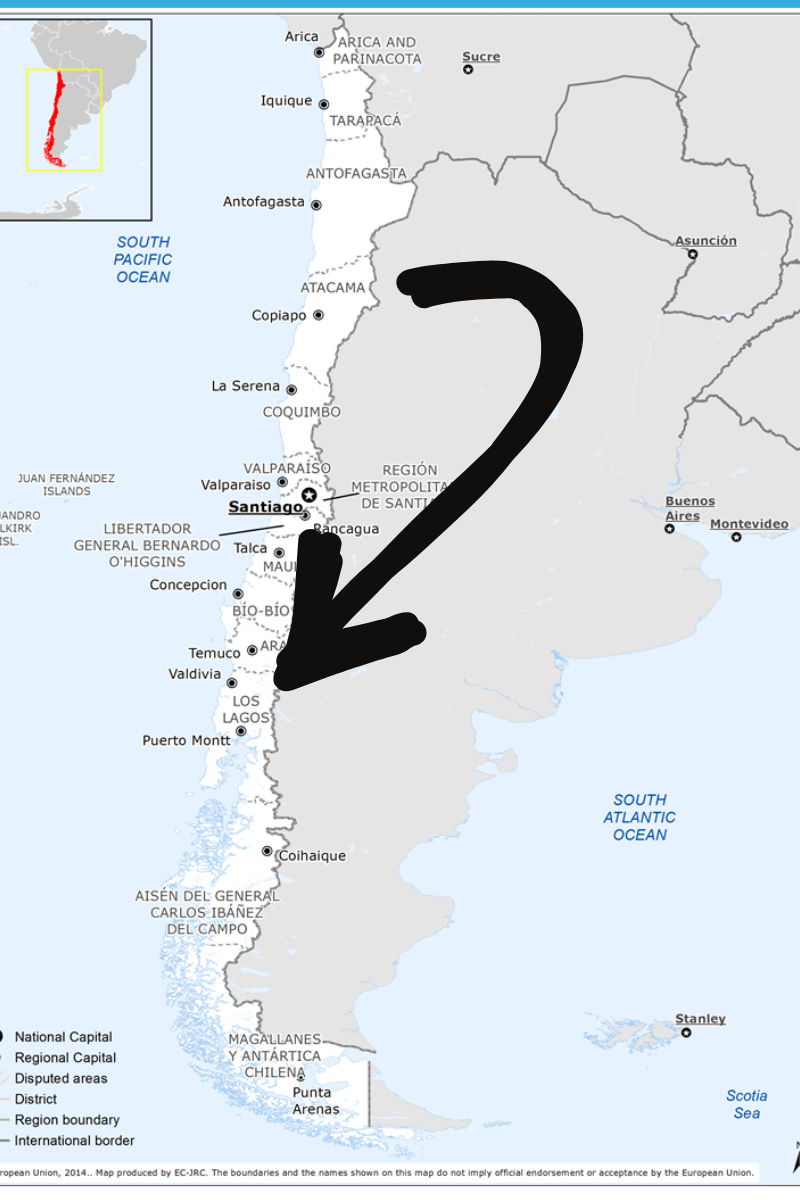Chile: Zoonoses, Hydatidosis and Toxoplasmosis in the Los Lagos Region
A zoonosis is an infectious disease that has jumped from an animal to humans. Zoonoses have gained importance in the last decade due to population growth in urban and rural areas, exposing people to contact with animals that can cause well-known pathologies, such as hantavirus, rabies and Chagas disease.
According to data from the World Health Organization, it is estimated that around 60% of human-infectious diseases have this origin. These diseases are found throughout the world and generate around 2.5 million cases annually.
In the Los Lagos Region, there are other diseases that are less well-known and whose cases are occurring in greater numbers, even at the national level. These include hydatidosis and toxoplasmosis.
Hydatidosis
One of these little-known diseases, which is highly prevalent in our region, is hydatidosis, a disease transmitted mainly in rural areas through animals such as dogs, which are fed cattle entrails contaminated with a parasite that causes cysts in various organs, primarily the liver, lungs, and brain, and which can be serious without treatment.
“In the last three years, 240 cases of hydatidosis have been reported in our region. When an animal is slaughtered, it's common for those doing the work to give their pets entrails contaminated with parasites. These parasites lodge in the dog's intestine, for example, and the dog acts as a vector, infecting humans through licking or touching ,” said Camila Bolados, delegate of the Seremi de Salud in the Epidemiology Unit HPM.
The cases of the last three years represent the highest number of hydatidosis nationwide. However, when detected early, it can be treated without major complications.
Toxoplasmosis
Another of the most common animal-borne diseases in our region is Toxoplasmosis, caused by a parasite called Toxoplasma gondii. This year, 2025, 108 cases have been recorded at Puerto Montt Hospital . Although most infected people do not present symptoms, it can be dangerous for pregnant women, infants, and people with weakened immune systems. The infection can be transmitted through cat feces, contaminated meat, and contaminated water or food.
"Toxoplasmosis is common in our region because cats go outside without the corresponding vaccinations and the diseases are transmitted to their owners. Pets kept at home must also have their licenses up to date. It is important to keep in mind that these diseases are absolutely preventable," said nurse Camila Bolados.
Among the most important preventive measures is giving animals antiparasitics from 3 months onwards, and then every 6 months. Practice responsible pet ownership by applying anti-rabies treatment. "The most important thing is to manage cat litter and feces. It's important to do this with proper hand hygiene before and afterward. Pregnant women should minimize contact with cats. These are simple actions that we can do at home," she concluded.
Toxoplasma gondii and beheaded sperm





